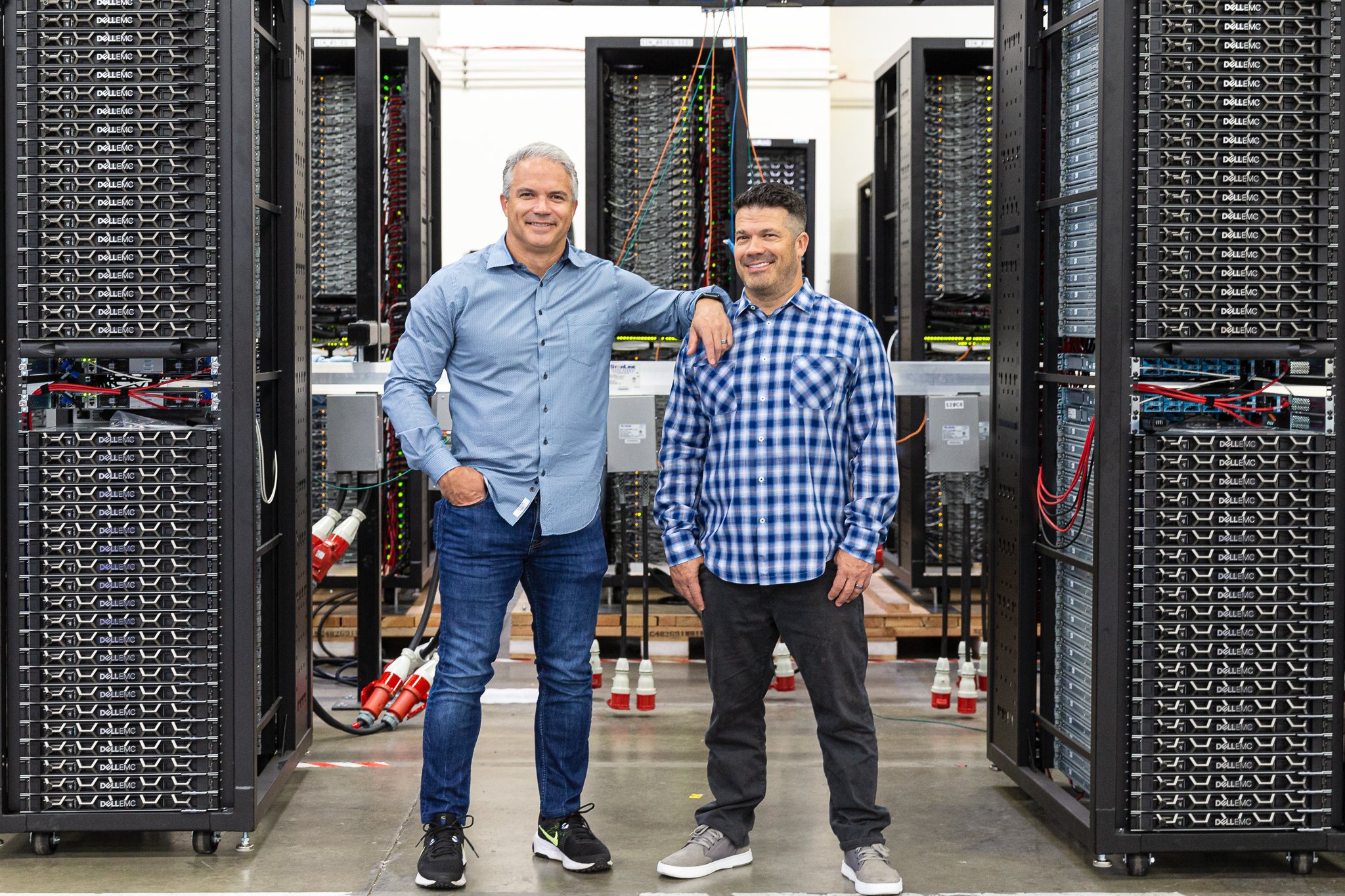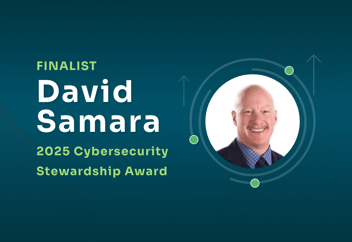
In the evolving cyber landscape and the interconnection of information, cybersecurity has become a top priority for many organizations of all sizes. Traditionally, companies hire a Chief Information Security Officer (CISO) to lead their security strategy and protect critical assets. However, smaller businesses or those unable to afford a full-time CISO increasingly opt for a virtual CISO (vCISO) — a flexible, outsourced professional who provides the same strategic oversight without the permanent full-time employee (FTE) commitment. For larger organizations or those with mature cyber programs, the vCISO can be an extension of or a trusted advisor or, at times, a deputy to the CISO to help drive more efficiency and cost savings into the organization. Here’s a quick look at what a vCISO is and the benefits and drawbacks of this approach.
What is a vCISO?
A virtual CISO is an external cybersecurity expert, often an individual or a team, who provides part-time or flexible CISO services. A vCISO should have actual CISO or Chief Security Officer (CSO) experience in large organizations. vCISOs work with organizations to shape and manage their cybersecurity programs, evaluate risks, guide compliance efforts, and prepare for security incidents. By addressing a business's specific needs, a vCISO can tailor cybersecurity strategies while maintaining a fraction of the cost of a full-time, in-house executive.
What a vCISO is not.
While some CISOs have a technical background, the CISO role is that of an executive. Many CISOs get bogged down in the technical “weeds” of the day-to-day operations and lose track of their executive role. A vCISO is an executive advisor to the CISO and is not a system administrator, security engineer, or project manager. For deeper technical expertise, the vCISO would typically rely on their team of security engineers and architects to help resolve a client’s technical challenge.
vCISO Qualifications
A vCISO should be as qualified as any CISO an organization would consider hiring. They should have several years of actual CISO or CSO experience at a larger organization. The CISO should have a master’s degree in a related field (computer science, cybersecurity, business, law, etc.) from an accredited college or university, preferably endorsed by the NSA and DHS. While not necessarily a deal breaker, the CISO should hold at least one significant industry cyber certification, such as the ISC2 CISSP, ISACA CISM, or EC Council C|CISO. The vCISO should not be expected to be a technical savant but should have some background in one or more of the following: GRC, cloud security, security engineering, security operations, risk management, compliance, identity, or privacy. It may be necessary for some organizations to ensure the vCISO is familiar with their industry as there can be some specific requirements and regulations for them. Examples could be banking, healthcare, defense, and manufacturing.
The Pros of Hiring a vCISO
1. Cost-Effectiveness
A primary advantage of a vCISO is cost savings. Hiring a full-time CISO is expensive, with annual salaries averaging six figures. By comparison, a vCISO allows businesses to access high-level expertise at a lower cost, paying only for the time and services needed.
2. Flexibility and Scalability
A vCISO adapts to the organization's needs, scaling services up or down as necessary. This is ideal for smaller companies or startups that may not require constant oversight but still need strategic guidance. Depending on current goals and challenges, businesses can engage a vCISO for specific projects or on an ongoing, part-time basis.
3. Access to Expertise
vCISOs often bring a wealth of experience across various industries and organizations, offering insights into the latest cybersecurity practices and threats. This broad expertise is valuable for companies navigating complex regulatory requirements or those wanting to stay ahead of evolving cyber threats. vCISOs can also be a Godsend to the CISO as a trusted advisor to help navigate initiative challenges, security program improvements,
4. Fast Onboarding and Immediate Impact
Unlike a permanent hire, a vCISO can begin contributing almost immediately, which is crucial for companies that need to make quick improvements or respond quickly to potential security incidents.
5. Political Immunity
Organizational politics can be more substantial in some organizations than others. Because vCISOs are third parties, they are generally politically immune from the organization. However, they can make statements about organizational risk to leadership that the full-time CISO is unable or unwilling to voice. Sometimes, having a third party assess and concur with the CISO's approach helps to break through the political wall.
The Cons of Hiring a vCISO
1. Limited Availability
Since vCISOs typically serve multiple clients, they may only be available 24/7 or during urgent situations if incident response services are included in the contract. This can be a drawback for companies needing constant security oversight or immediate responses to incidents. Retainer contracts can be implemented to address this concern.
2. Less Organizational Familiarity
An in-house CISO becomes deeply embedded in the company culture, politics, operations, and processes, which can enhance their ability to design effective security measures. vCISOs, on the other hand, may need more organizational familiarity and more time to understand specific business needs.
3. Potential for High Turnover
The vCISO’s role can be temporary in nature, which means they may leave or change clients, potentially disrupting continuity. Businesses reliant on a consistent security strategy might find this turnover challenging, as it could require re-adjusting to new personnel. However, according to several reports, full-time CISOs last an average of 18-24 months and usually leave due to stress and job burnout. A vCISO can help ease that stress by acting as an extension or trusted advisor to the CISO.
4. Limited Relationship Building
A vCISO’s part-time presence may impact their ability to build strong, trust-based relationships with staff across the organization, affecting buy-in and support for security initiatives. The organization should clearly articulate what they would like the vCISO to address, thereby making the best use of their time.
Is a vCISO Right for Your Organization?
For organizations that need strategic cybersecurity guidance but aren’t ready to commit to a full-time CISO, a vCISO offers a cost-effective, flexible solution. Additionally, organizations with a dedicated CISO and security team may benefit substantially by having a vCISO to help manage or advise with specific initiatives, assessments, communications with the board, or requests for additional funding or personnel.
While not a one-size-fits-all approach, vCISOs are increasingly popular among businesses that want to build a strong security foundation with limited resources. The key is ensuring that your vCISO has the CISO or CSO experience required to help your organization implement its cybersecurity program successfully.














